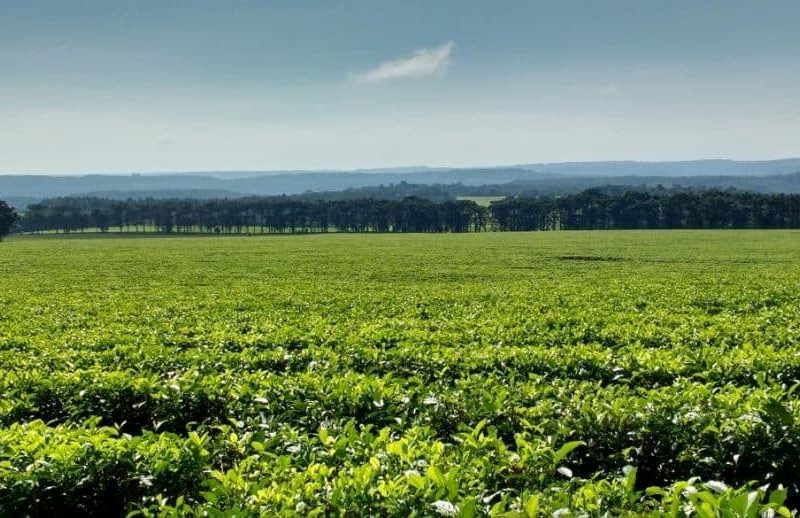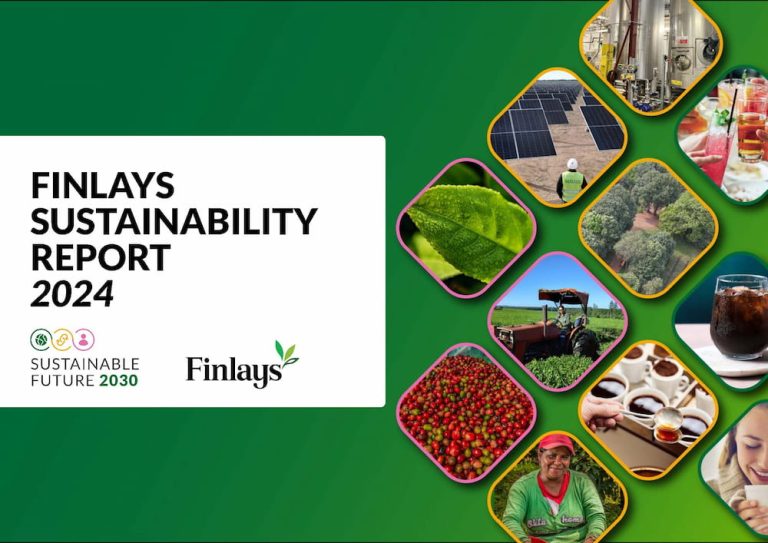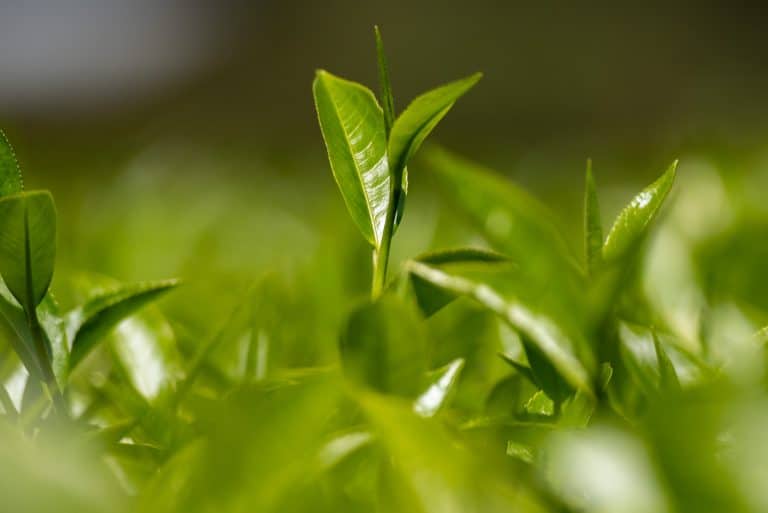In May of this year a workshop was organised by Tea2030 (a global tea collaborative initiative overseen by Forum for the Future), S&D Coffee and Tea, Casa Fuentes and Finlays.
The Argentinian Tea Market
Argentina is a key source of tea for the North American tea industry supplying approximately 50% of their requirements. Over 90% of the tea grown in Misiones is for the international market and is well suited to the US where most of the tea consumed is in the form of iced tea. However there is very little understanding of the medium and long-term sustainability risks associated with sourcing tea from the region. Argentina has 4,470 tea producers with 37,945 hectares under cultivation, 93% of which is in Misiones where, unlike other tea growing regions, production is highly mechanised.
Aims of the Tea2030 Workshop for Argentinian Tea Production
The aim of the workshop was to increase the understanding of the potential risks to the region and how these might be mitigated, to look at any collaboration opportunities and to find ways to accelerate and scale up positive change within Misiones.
During the workshop participants assessed, mapped, and prioritised, in addition to key risks, ideas for collective industry action. These included increasing the development of small producer skills, establishing green corridors, sustaining biodiversity and effective waste disposal. By the end a vision had been created – to see the Misiones region as a global pioneer by adopting regenerative agricultural technology and efficient production to improve the wealth, health and vitality of its entire ecosystem.
The main aims of the project are:
- To support the development of a thriving tea sector in Argentina by improving the livelihoods of those involved whilst sustainably managing the producing landscapes and encouraging a restorative and holistic landscape-level approach to tea production.
- To be a catalyst for the collective action by local groups in the region.
The long-term objectives are:
- To reduce medium and long-term sustainability risks, and build resilience in Argentinian tea production;
- To ensure the long-term security of supply to businesses sourcing tea from Argentina





